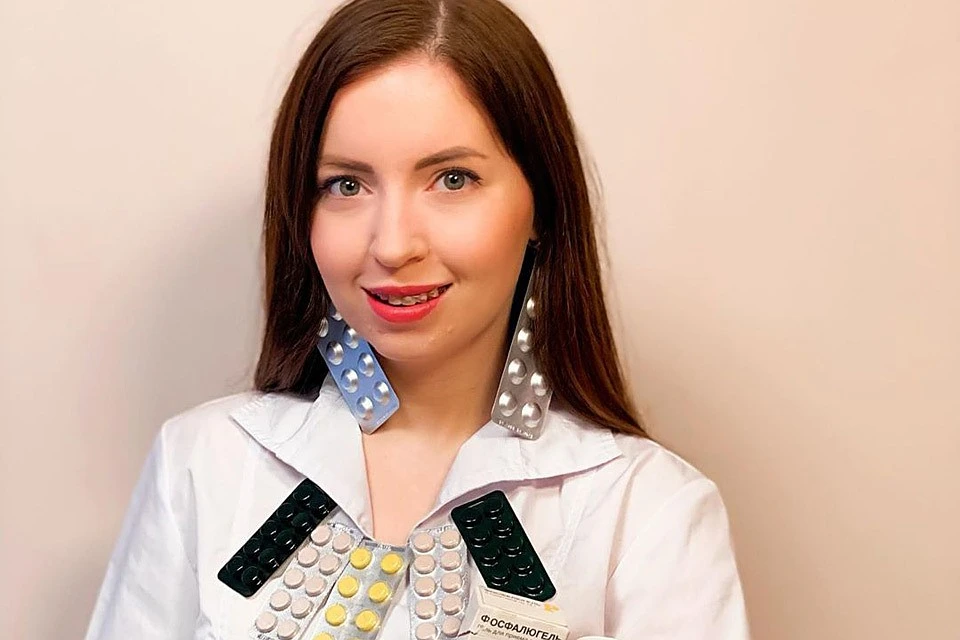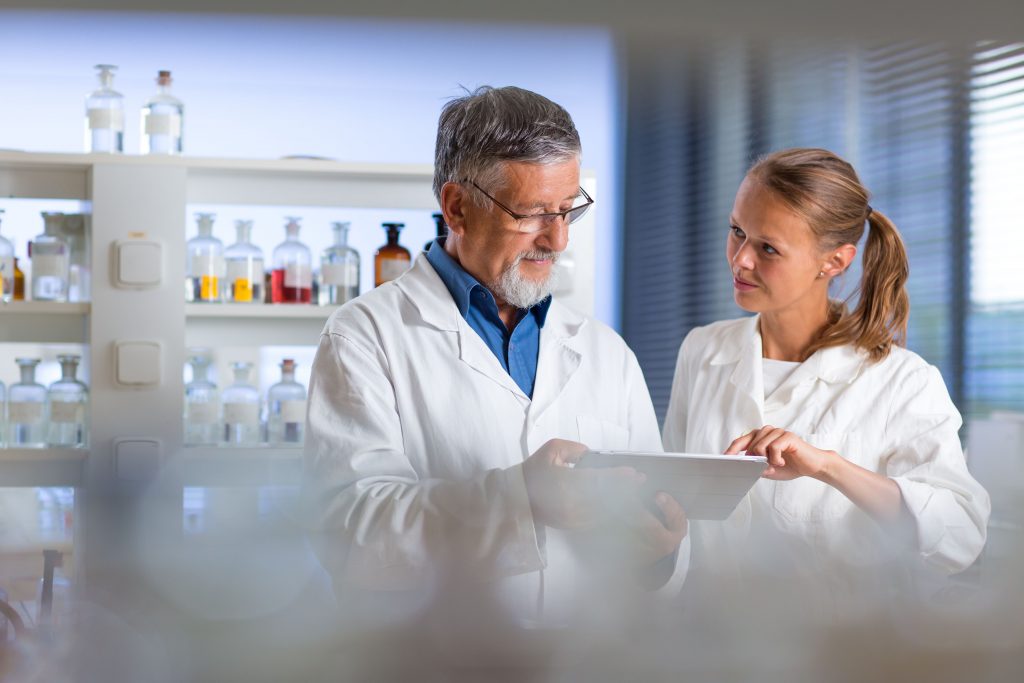

I propose to discuss a substance that still remains in the shadows, although many researchers call it the “vitamin of longevity” – ergothioneine.
Although little attention is paid to it in popular sources, it has been studied in scientific circles for over a hundred years.
Due to its powerful antioxidant properties and ability to protect cells from oxidative stress, ergothionine is gradually becoming an object of intense interest not only among scientists but also among practicing physicians.
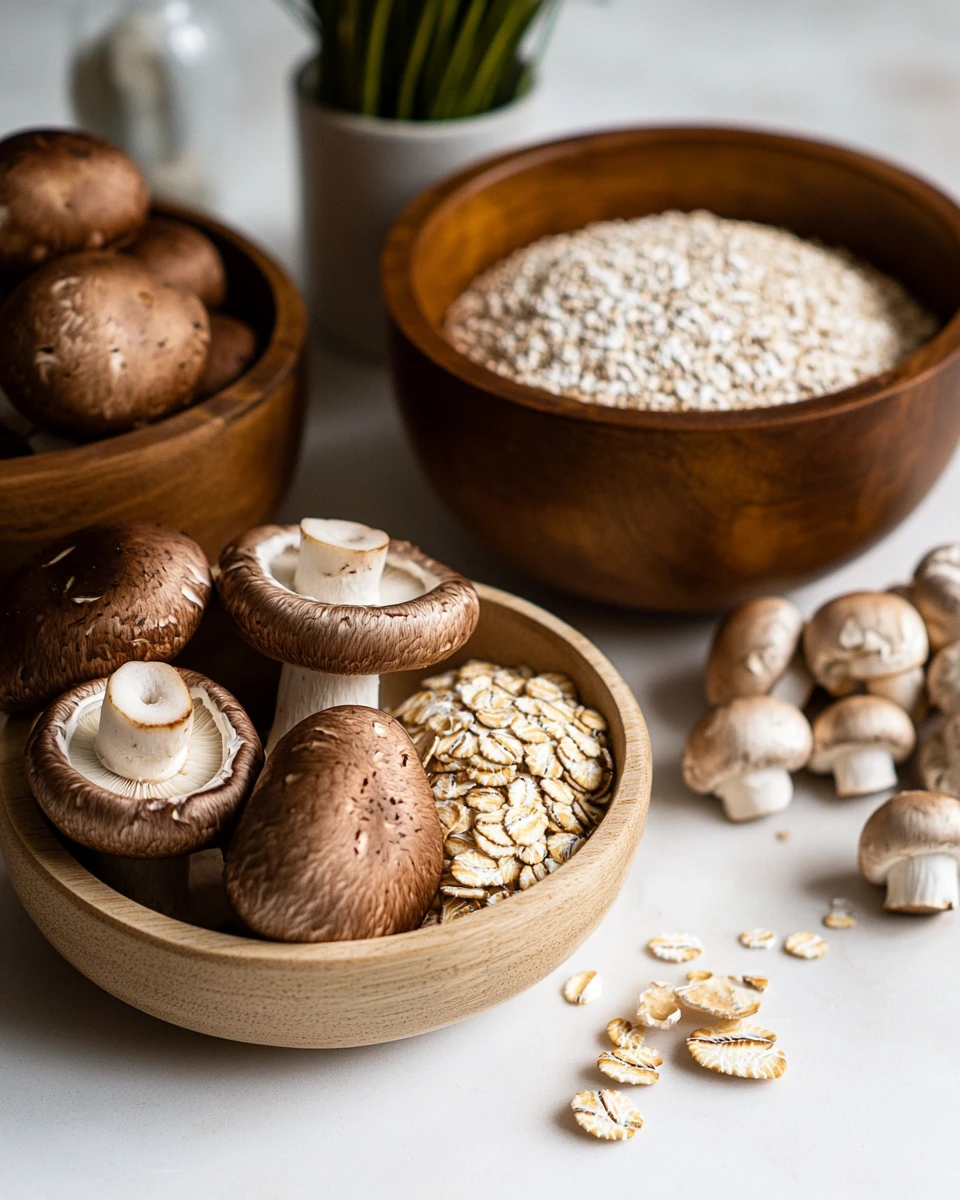
What is ergothionine?
Ergothioneine (L-ergothioneine) is an amino acid that animals and humans do not synthesize on their own.
The main sources in the human diet are certain species of mushrooms, legumes, and grains.
Interest in ergothioneine has arisen because of its unique ability to penetrate cells and act as an “intracellular shield”.

Key Features:
- It is an antioxidant that protects membranes and DNA from free radicals.
- Competes with other antioxidant systems of the body, complementing their protective functions.
- A specific transporter (OCTN1) has been identified that selectively captures ergothionine from the blood into cells.
Interesting fact: Some scientists already categorize ergothionine as a new vitamin because there is a specific mechanism for its absorption, indicating a vital necessity for the body [1].
Mechanism of action and antioxidant protection
Ergothionine acts as a “smart” antioxidant. Unlike many other antioxidants, it is not consumed quickly and can be present for a long time in cells where:
- Absorbs free radicals, preventing damage to lipid membranes.
- Stabilizes mitochondria – the energy stations of cells, thus maintaining their performance.
- Maintains the balance between oxidation and repair processes, reducing the risk of chronic inflammation.
Studies show that ergothionine is particularly effective in protecting organs such as the liver, heart, and skin [2].
For dermatologists, this is important because the skin is under constant attack from ultraviolet light, polluted air and other environmental aggressors.

Role in skin health and application perspectives
As a dermatologist, I see the value of ergothionine in dermatology from several angles:
- Photo-aging protection. Enhanced antioxidant protection helps to reduce the formation of wrinkles, age spots and maintain skin elasticity.
- Anti-inflammatory effect. Reducing inflammatory responses may help in the holistic treatment of conditions such as acne or rosacea.
- Regeneration support. By protecting cellular structures, ergothionine promotes faster regeneration and repair of the skin after damage.
Some cosmetic brands are already introducing ergothionine into their facial serums and creams. However, more extensive clinical studies are needed to establish standards for the use of this component in dermatological practice.
Potential effects for slowing down aging
The name “longevity vitamin” is no accident: ergothioneine is often associated with the ability to slow aging at the cellular level. The mechanisms look like this:
- Maintaining mitochondrial function: prolongs cell life by slowing age-related changes.
- Reducing oxidative stress: affects the aging process throughout the body, including the brain and cardiovascular system.
- Reducing systemic inflammation: elevated inflammatory markers have been linked to accelerated aging and many chronic diseases.
While the research is still largely in the clinical trial phase, the results look promising [3].
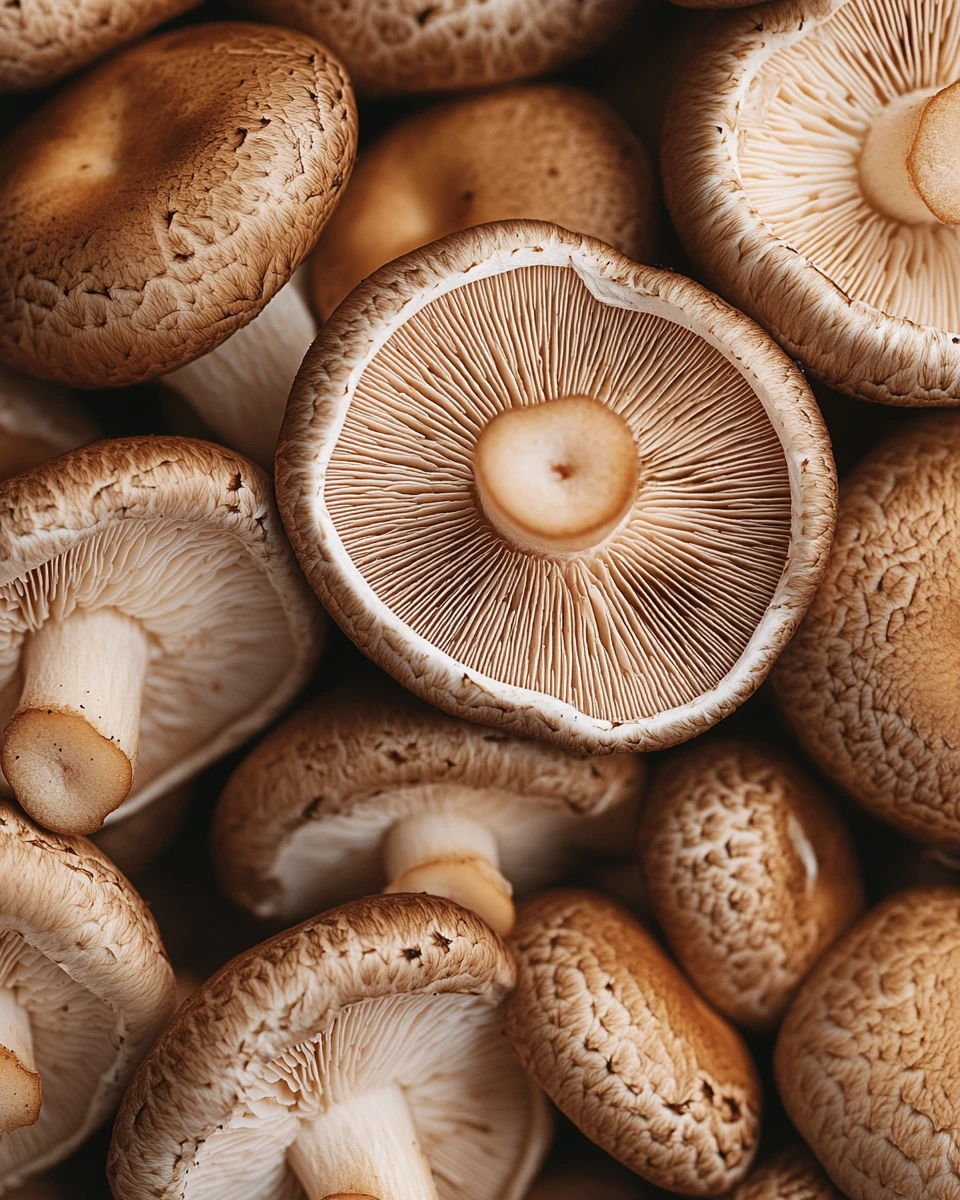
Sources of ergothioneine in nutrition
Below is a table with the main food sources of ergothioneine and approximate content (mg per 100 g of product).
| Table 1: Sources of ergothioneine in food |
|---|
| Product |
| Shiitake mushrooms |
| Oyster mushrooms |
| Beans (black, white) |
| Wheat germ |
| Oat bran |
Note: Quantities may vary depending on growing conditions and analytical techniques [2].
These foods are the richest in ergothioneine, but are often found in insufficient quantities in the modern diet. This is especially true of mushrooms: not everyone consumes shiitake or oyster mushrooms on a daily basis. This is why scientists are looking at additional sources, including supplements.
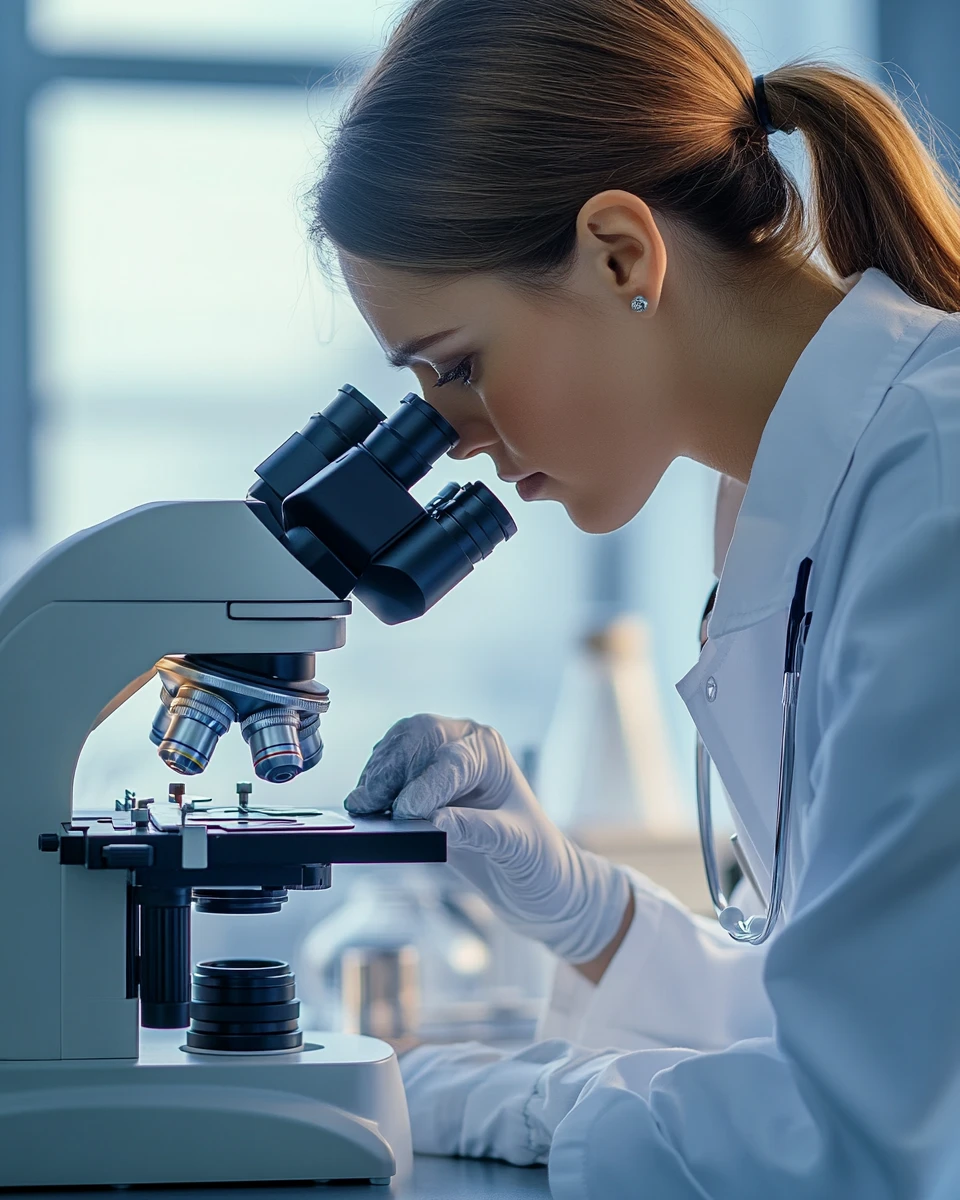
Possible medical and clinical perspectives
Scientific interest in ergothioneine in medicine continues to grow. Let us discuss some of the directions:
| Table 2. Key skin and health benefits of ergothioneine |
|---|
| Advantage |
| Improved antioxidant defense |
| Reducing inflammation |
| Mitochondrial support |
| Potential slowing of aging |
Again, however, it is important to recognize that further randomized clinical trials are needed to confidently recommend ergothionine in large-scale practice.
However, there is already potential evidence for its safety and efficacy, making it an interesting candidate for study in both dermatology and general medicine [4].

Conclusion
Ergothionine, although not the best known, is a promising component in the health and beauty support field.
Its antioxidant and anti-inflammatory activity, as well as its possible role in slowing aging, make it potentially useful for both the prevention of age-related changes and for therapeutic purposes.
I recommend that colleagues and interested readers keep abreast of emerging research in this area and not overlook a diet enriched with foods rich in ergothioneine.
List of references
- Cheah IK, Halliwell B. Ergothioneine; antioxidant potential, physiological function and role in disease. Biochim Biophys Acta Mol Basis Dis. 2012;1822(5):784–793. doi: 10.1016/j.bbadis.2011.10.017
- Halliwell B, Cheah IK, Tang R. Ergothioneine – a diet-derived antioxidant with therapeutic potential. FEBS Lett. 2018;592(20):3357–3366. doi: 10.1002/1873-3468.13285
- Paul BD, Snyder SH. The unusual amino acid L-ergothioneine is a physiologic cytoprotectant. Cell Death Differ. 2010;17(7):1134–1140. doi: 10.1038/cdd.2009.163
- Cheah IK, Chen Q, Liu Z, Halliwell B. Ergothioneine levels in the body: what do we know? J. Nutr. Sci. Vitaminol. 2016;62(Supplement):S59-S61.


